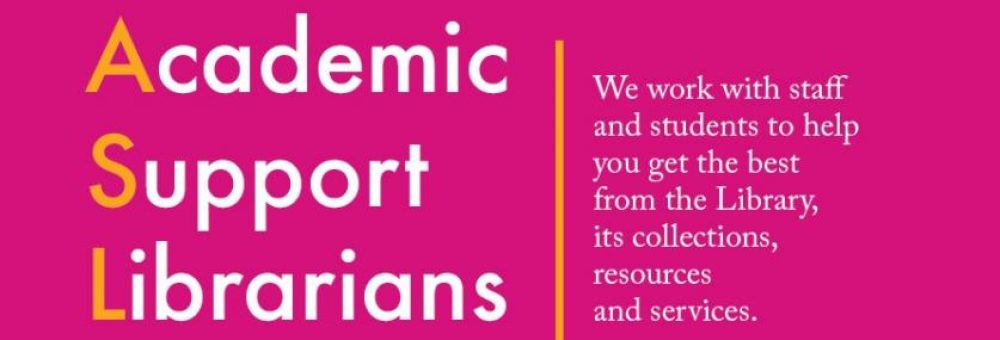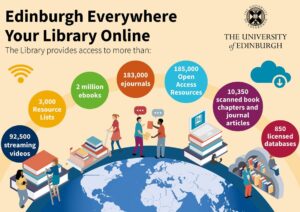Whether you’re the type of person who makes New Years resolutions or not, we hope you’ll consider resolving to get comfortable with referencing this year. We have lots of resources available to help you with citations in your assignments, and we know it’s something many students struggle with and so can often leave to the end of their work. Some top tips for getting ahead of the referencing panic:
- Record the information you read as you go. You can do this using a reference manager, bookmarking tools in your browser or DiscoverEd, or good old pen and paper. Whatever method you’re comfortable with, starting off with good organisation will help you down the line.
- Leave more time than you think you’ll need. Do you usually give yourself a day or two before the assignment deadline to sort references? Double it! Triple it! Build in contingency time for writing up and correcting references – and for asking for help if you need it – and if you end up not needing all that time then submit early and then reward yourself with a treat for being ahead of the game!
- Be consistent. There are lots of referencing styles out there (you may already be familiar with Harvard, APA, Chicago, OSCOLA), but whichever one you use for your work, be consistent in how you reference. Make sure you have all the component parts of each type of reference and then style them in the same way each time – this helps you spot when information is missing as well as looking good.
- Use the tools available to you. This includes reference managers like Endnote, Zotero and Mendeley (or any others!), or even ‘quick’ citation engines like ZoteroBib or Cite This For Me. We highly recommend you use Cite Them Right Online which is a database we subscribe to for all staff and students to use – it will show you how to construct references for every type of material in a huge range of styles. Not sure how to reference a personal email, a blog post or a youtube clip? Use Cite Them Right to check! NOTE: Please make sure you check any reference that is created by a citation tool, as they are not guaranteed to be accurate.
- Get help in plenty of time! Still feeling lost at sea? We’ve got training sessions on the MyEd booking system and also recordings on Media Hopper (click on ‘174 media’ below the title card for the full list of videos) designed specifically to help you. There’s also part of the LibSmart online information literacy course dedicated to the basics of referencing, and we have a whole subject guide on the topic. If all else fails, contact your Academic Support Librarian and ask for a one-to-one appointment where we can sit down with you and work through the problems you’re facing.
Do you have any top tips for referencing? We’d love to hear them, you can leave them in the comments or tweet us @EdUniLibraries.













